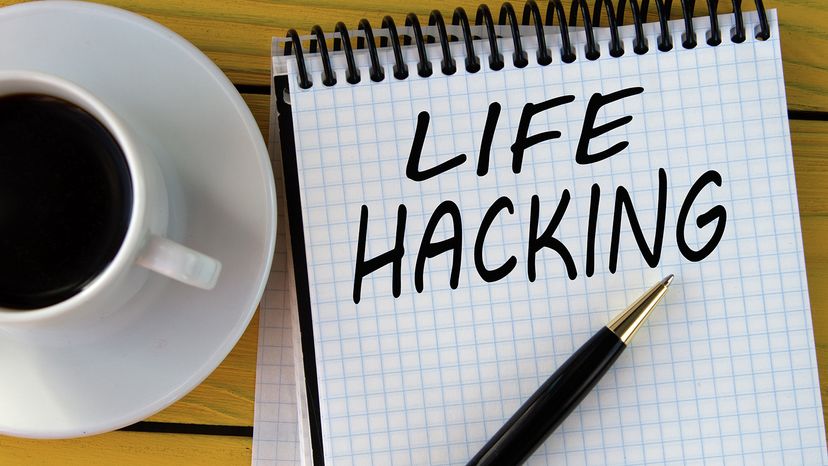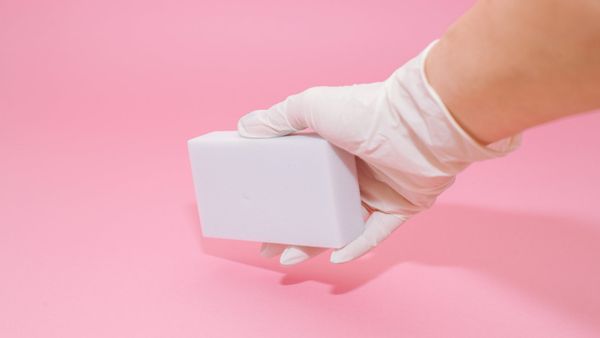But how does a word jump the tracks and change meanings like that? In the case of "hack," it all goes back to the dawn of computer programming. In 1955, the minutes of a meeting of the M.I.T. Tech Model Railroad Club contain a record of one member requesting that anyone "hacking on" the electrical system of the group's model train set take pains not to blow a fuse. In this case, "hack" meant to work on.
By 1975, the meaning had expanded from a verb to a noun. A computer enthusiast didn't just hack, but was a hacker. This implied a lot of things, but above all, a hacker was somebody who relished and excelled at hands-on computer programming, who wasn't all caught up in the theory of computer science, which was obviously just for nerds.
By the 1980s, hackers were people who understood computer systems well enough that they could create bits of code that might not be very sturdy, but could get the job done. Of course, "the job" might be breaching the security of a company's computer system — hacking could be downright criminal, or just slightly mischievous. Some wore white hats, some wore black hats, but the point was, hacking was a fun intellectual puzzle.
With hacking, anybody could do it, and rank wasn't decided by age or wealth, but by raw talent and ability. In 1995, the movie "Hackers" came out, about a group of scrappy, attractive teenagers with code names like "Crash Override" and "Acid Burn" who save the world with their hacking skills.
So, within the space of 40 years, hackers transformed from M.I.T Tech Model Railroad Club members to a young, vinyl-clad Angelina Jolie. And we're not done yet.


